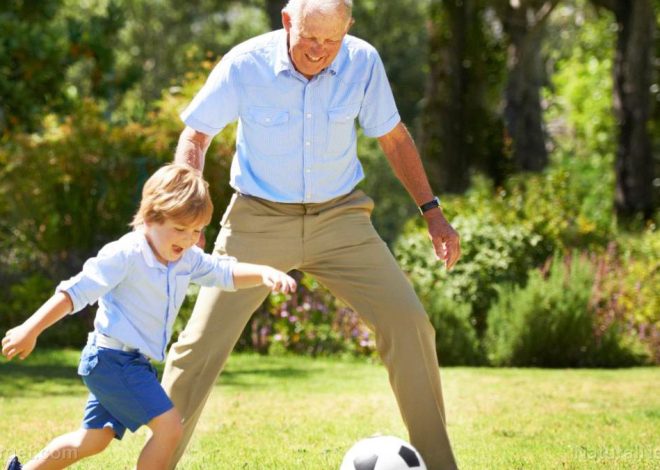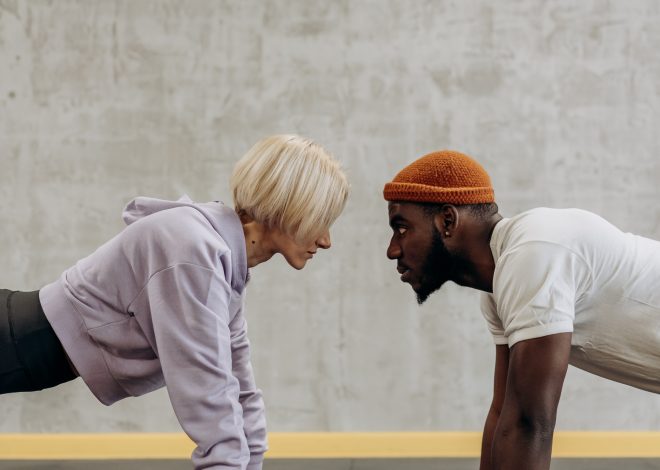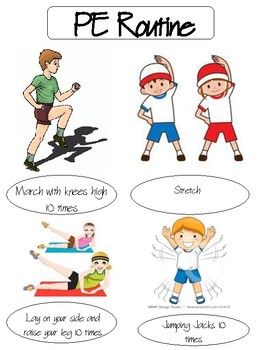
Healthy Aging: Nutrition and Fitness Tips for Seniors
As we age, our bodies require specific nutrients to maintain optimal health and well-being. Proper nutrition plays a crucial role in healthy aging, ensuring that seniors maintain their physical and mental functions while reducing the risk of chronic diseases.
The Essential Nutrients for Seniors
Seniors should focus on incorporating the following nutrients into their diet:
Protein: Essential for maintaining muscle mass and supporting a healthy immune system. Good sources include lean meats, poultry, fish, eggs, dairy products, legumes, and nuts.
Fiber: Helps regulate bowel movements, prevent constipation, and reduce the risk of heart disease. Whole grains, fruits, vegetables, legumes, and nuts are excellent sources of fiber.
Calcium and Vitamin D: Vital for maintaining strong bones and preventing osteoporosis. Dairy products, fortified cereals, green leafy vegetables, and exposure to sunlight provide these nutrients.
Omega-3 Fatty Acids: Promote brain health and reduce the risk of cardiovascular disease. Fatty fish such as salmon, walnuts, flaxseeds, and chia seeds are rich sources.
Vitamin B12: Vital for brain function and the production of red blood cells. Seniors may need to supplement their diet with B12 as it is primarily found in animal products.
The Importance of Hydration
Staying hydrated is essential for people of all ages, but it becomes even more crucial for seniors. Dehydration can lead to various health complications such as urinary tract infections, confusion, and weakness. Seniors should aim to drink at least 8 cups of water per day and increase their fluid intake during hot weather or physical activity.
The Role of Fitness in Healthy Aging
Regular physical activity is fundamental for seniors to maintain a high quality of life. Engaging in exercise offers numerous benefits, including improved cognitive function, increased strength and flexibility, better cardiovascular health, and reduced risk of chronic diseases such as diabetes and osteoporosis.
The Types of Exercise Seniors Should Consider
Seniors should focus on a combination of aerobic, strength training, and balance exercises for a well-rounded fitness routine. Here are some examples:
Aerobic Exercise: Walking, swimming, cycling, and dancing are excellent low-impact activities that improve endurance and heart health.
Strength Training: Lifting weights, using resistance bands, or doing bodyweight exercises help maintain muscle mass, increase bone density, and promote overall strength.
Balance Exercises: Tai Chi, yoga, and exercises that target core muscles are beneficial for improving balance, preventing falls, and maintaining independence.
The Importance of Flexibility and Mobility
Stretching exercises are vital for seniors to maintain flexibility and mobility. Regular stretching can help improve range of motion, reduce joint pain, and prevent muscle stiffness. Gentle stretching exercises should be performed daily, targeting major muscle groups such as the shoulders, legs, and back.
Tips for Incorporating Healthy Habits
1. Meal Planning and Preparation
Seniors can benefit from planning and preparing meals ahead of time. This allows them to ensure a balanced diet and avoids relying on processed or convenience foods. Preparing meals in bulk and freezing individual portions can be especially helpful for those with limited time or energy.
2. Social Engagement and Community Activities
Staying socially active plays a significant role in maintaining overall well-being. Seniors should participate in community activities, join social clubs, or engage in hobbies that provide mental stimulation and social interaction.
3. Regular Health Check-ups
Regular visits to the healthcare provider are essential for monitoring overall health and identifying any potential issues before they worsen. Seniors should follow recommendations regarding screenings, vaccinations, and medication management.
4. Prioritizing Sleep and Stress Management
Adequate sleep and stress management are crucial aspects of healthy aging. Seniors should aim for 7-8 hours of quality sleep each night and practice stress reduction techniques such as meditation, deep breathing exercises, or engaging in relaxing activities like reading or listening to music.
Conclusion
Healthy aging is achievable with a focus on nutrition and fitness. By prioritizing well-balanced meals, staying hydrated, and engaging in regular physical activity, seniors can enjoy a higher quality of life, maintain their independence, and reduce the risk of age-related diseases. It is never too late to start incorporating healthy habits, and small changes can make a significant difference in the long run.


